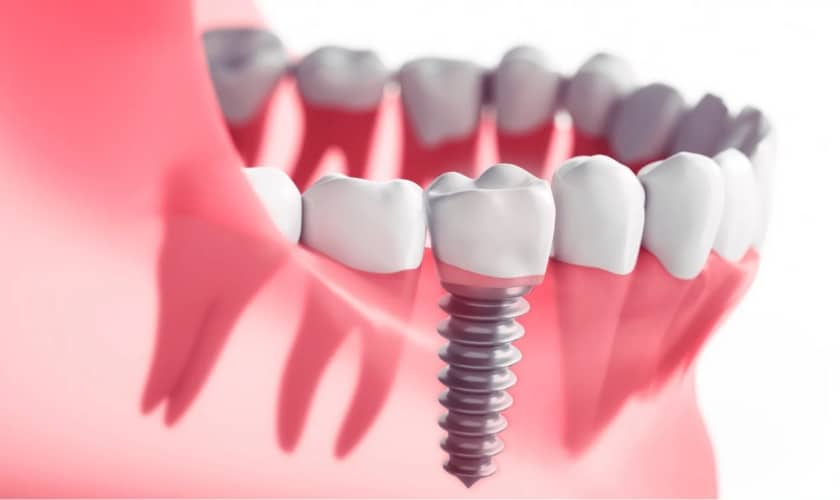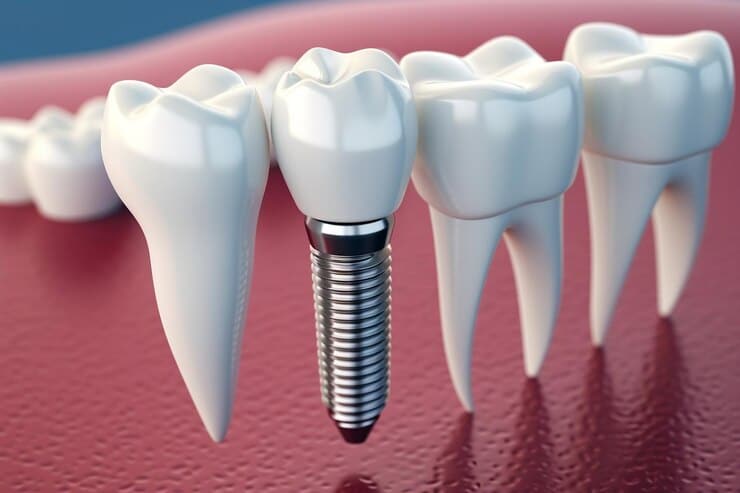
Dental implants are an excellent solution for replacing missing teeth, offering a natural-looking and long-lasting restoration. However, if you’re a smoker, it’s important to understand the effect smoking can have on the success of dental implants. In this blog, we will explore the impact of smoking on dental implants and the potential complications it can cause. By understanding these risks, you can make informed decisions and take the necessary precautions for a successful implant procedure.
I. How Dental Implants Work
A. Understanding the Dental Implant Process
B. Benefits of Dental Implants
Before diving into the effects of smoking on dental implants, it’s essential to understand how dental implants work. Dental implants involve the surgical placement of titanium posts into the jawbone, which acts as artificial tooth roots. These posts fuse with the bone over time, providing a stable foundation for a dental crown or bridge. Dental implants offer benefits such as improved appearance, enhanced chewing functionality, and prevention of bone loss.
II. The Connection Between Smoking and Dental Implant Failure
A. Impact of Smoking on Oral Health
B. Effects of Smoking on Implant Osseointegration
C. Increased Risk of Peri-implantitis
Smoking has a significant negative impact on oral health, and it can also compromise the success of dental implants. One major concern is the effect of smoking on the process of osseointegration, where the implant fuses with the surrounding bone. Smoking can interfere with blood flow and oxygen delivery to the surgical site, delaying or preventing proper bone integration. Additionally, smoking weakens the immune system, making it harder for the body to fight off infections. This increases the risk of peri-implantitis, a condition characterized by inflammation and bone loss around the implant.
III. Complications and Risks for Smokers
A. Higher Implant Failure Rates
B. Increased Risk of Infection
C. Delayed Healing and Bone Loss
Smokers face higher risks and complications when it comes to dental implants. Studies have shown that smokers have a higher implant failure rate compared to non-smokers. The compromised blood flow and weakened immune response make it more difficult for the body to heal correctly after implant surgery. This can lead to delayed healing, increased risk of infection, and even implant rejection. Furthermore, smoking is associated with accelerated bone loss, which can compromise the long-term stability of the dental implant.
IV. Precautions and Recommendations for Smokers
A. Quitting Smoking Before Implant Surgery
B. Importance of Open Communication with Your Dentist
C. Maintaining Excellent Oral Hygiene Practices
While smoking poses risks to dental implants, there are steps smokers can take to minimize complications and increase the chances of implant success. Ideally, quitting smoking before implant surgery is the best action. This allows the body to heal more effectively and reduces the risk of implant failure. It’s crucial to have open and honest communication with your dentist, discussing your smoking habit and concerns. Your dentist can provide guidance and tailor a treatment plan to suit your specific needs. Additionally, maintaining excellent oral hygiene practices, including regular brushing, flossing, and dental check-ups, is crucial for minimizing the risk of peri-implantitis and maintaining implant health.
V. Long-Term Benefits of Quitting Smoking for Implant Patients
A. Improved Implant Success Rates
B. Better Overall Oral and General Health
C. Longevity of Dental Implants
Quitting smoking not only benefits your general health but also significantly improves the success rate of dental implants. By quitting smoking, you enhance blood flow and oxygen delivery to the surgical site, promoting proper healing and osseointegration. Additionally, quitting smoking leads to improved oral health, reduced risk of infections, and decreased chances of complications. Long-term, quitting smoking increases the longevity of dental implants, ensuring a healthier and more functional smile for years to come.
Smoking has a detrimental effect on dental implants, increasing the risk of implant failure, infections, and complications. Smokers considering dental implants should be aware of these risks and take necessary precautions, such as quitting smoking before undergoing the procedure. Open communication with your dentist and excellent oral hygiene practices are vital for minimizing complications. Quitting smoking not only improves implant success rates but also benefits your overall oral and general health. By making informed decisions and taking steps to quit smoking, you can increase the chances of a successful dental implant procedure and enjoy a beautiful, long-lasting smile.



